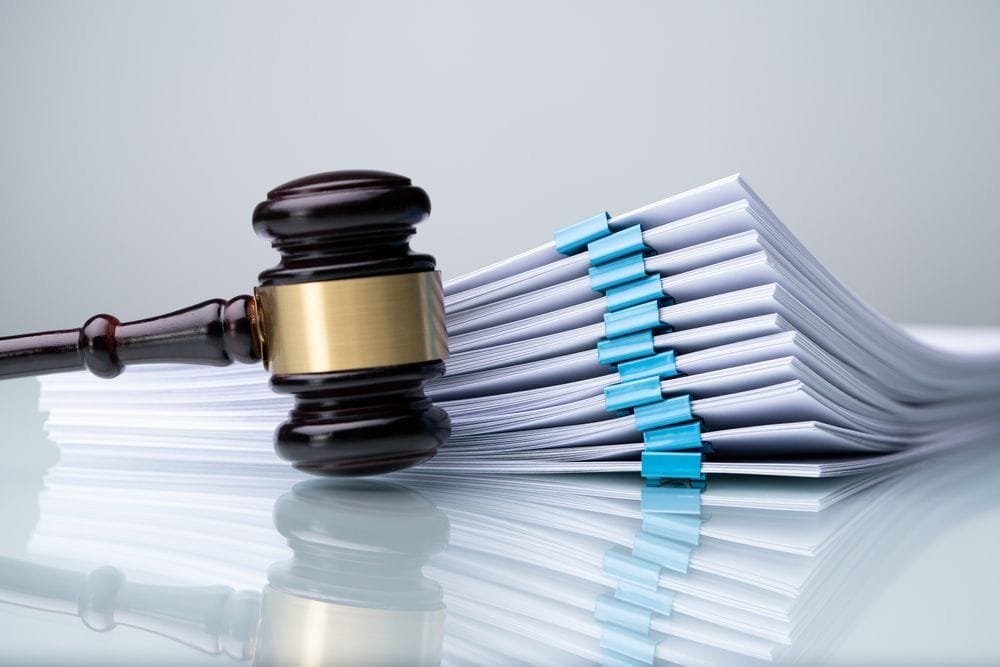
Deepak Kumar Sahu v. State of Chattisgarh
The present case is an appeal against the decision of the High Court, which upheld the decision of the Special Judge (SC/ST Court). The appellant was convicted of the offence of house-trespass and sexual assault of a minor.
Facts
As per the prosecution, the accused entered the house of the victim her brother at about noon, when their parents were not present. He sent the victim’s younger brother to get tobacco, and forced the victim to lie on the cot while gagging her mouth and committed rape. When the brother returned and saw the two of them, the accused fled the scene and threatened the victim to not tell anyone. The victim later told her family about the incident, and her family filed an FIR against the accused. The victim was subjected to medical examination, and her statements were taken by the police.
For any queries or to publish an article or post or advertisement on our platform, do call at +91 6377460764 or email us at contact@legalmaestros.com.
Court’s Reasoning
The accused assailed the judgment of the High Court on mainly 3 grounds; (i) the prosecution’s failure to establish its case beyond reasonable doubt; (ii) contradiction between statements of the victim and her brother; and (iii) inability of prosecution to establish that the victim was a minor at the time of the offence.
The court stated that the third submission by the accused is baseless because the 8th standard marksheet shown by the prosecution showed her date of birth, and was a reliable proof which was corroborated by multiple witnesses. The court also rejected the submission that the statements provided by the victim and her brother had different testimonies. It stated that minor differences cannot disregard the testimony and the evidence. Minor variations are often a sign of truth in their testimonies and discrepancies of a minor character cannot go to the root of the prosecution’s story.
As for the last submission, that the prosecution could not establish its case beyond reasonable doubt, the court analyzed the evidences and witnesses presented before it. The court stated that the witness statement of the victim was natural. It inspires confidence and veracity for clarity and consistency. The contention by the accused that the medical evidence presented disregards the evidence of the prosecutrix can hardly be countenanced. The court also referred to multiple case laws wherein the court had previously emphasized that if the testimony of the prosecutrix is clear and conscious, then lack of corroborative medical evidence can in no circumstances disregard the testimony of the victim. It was further asserted that corroboration is not an essential requirement for conviction in cases of rape. The only requirement is that the testimony should inspire the confidence of the court.
For any queries or to publish an article or post or advertisement on our platform, do call at +91 6377460764 or email us at contact@legalmaestros.com.
Conclusion
The court upheld the decisions of the High Court and the Special Court, and accordingly dismissed the Criminal Appeal. It stated that the High Court was wholly justified in upholding the conviction and sentence of the appellant given by the Trial Court. Merely because the medical evidence was less supportive, it can in no way weaken the prosecution’s case.






![Research Assistantship @ Sahibnoor Singh Sindhu, [Remote; Stipend of Rs. 7.5k; Dec 2025 & Jan 2026]: Apply by Nov 14, 2025!](https://legalmaestros.com/wp-content/uploads/2025/11/Gemini_Generated_Image_s0k4u6s0k4u6s0k4-768x707.png)
![Karanjawala & Co Hiring Freshers for Legal Counsel [Immediate Joining; Full Time Position in Delhi]: Apply Now!](https://legalmaestros.com/wp-content/uploads/2025/11/Gemini_Generated_Image_52f8mg52f8mg52f8-768x711.png)